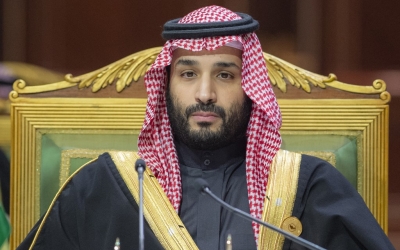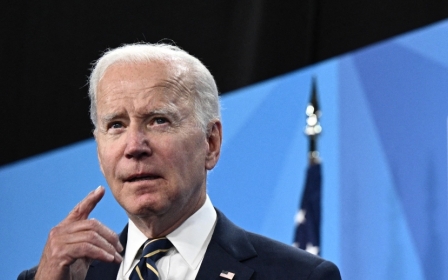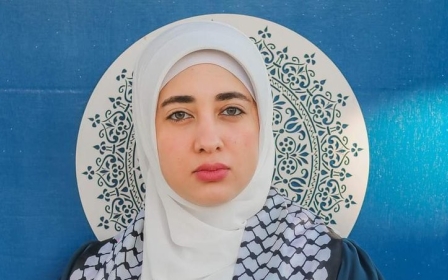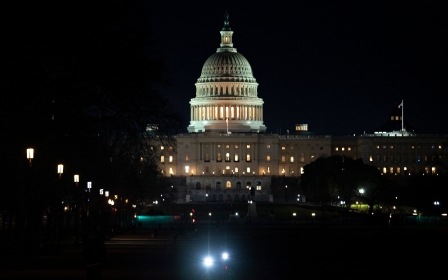Families of US detainees in Saudi Arabia, Egypt voice anger after left out of call with Blinken
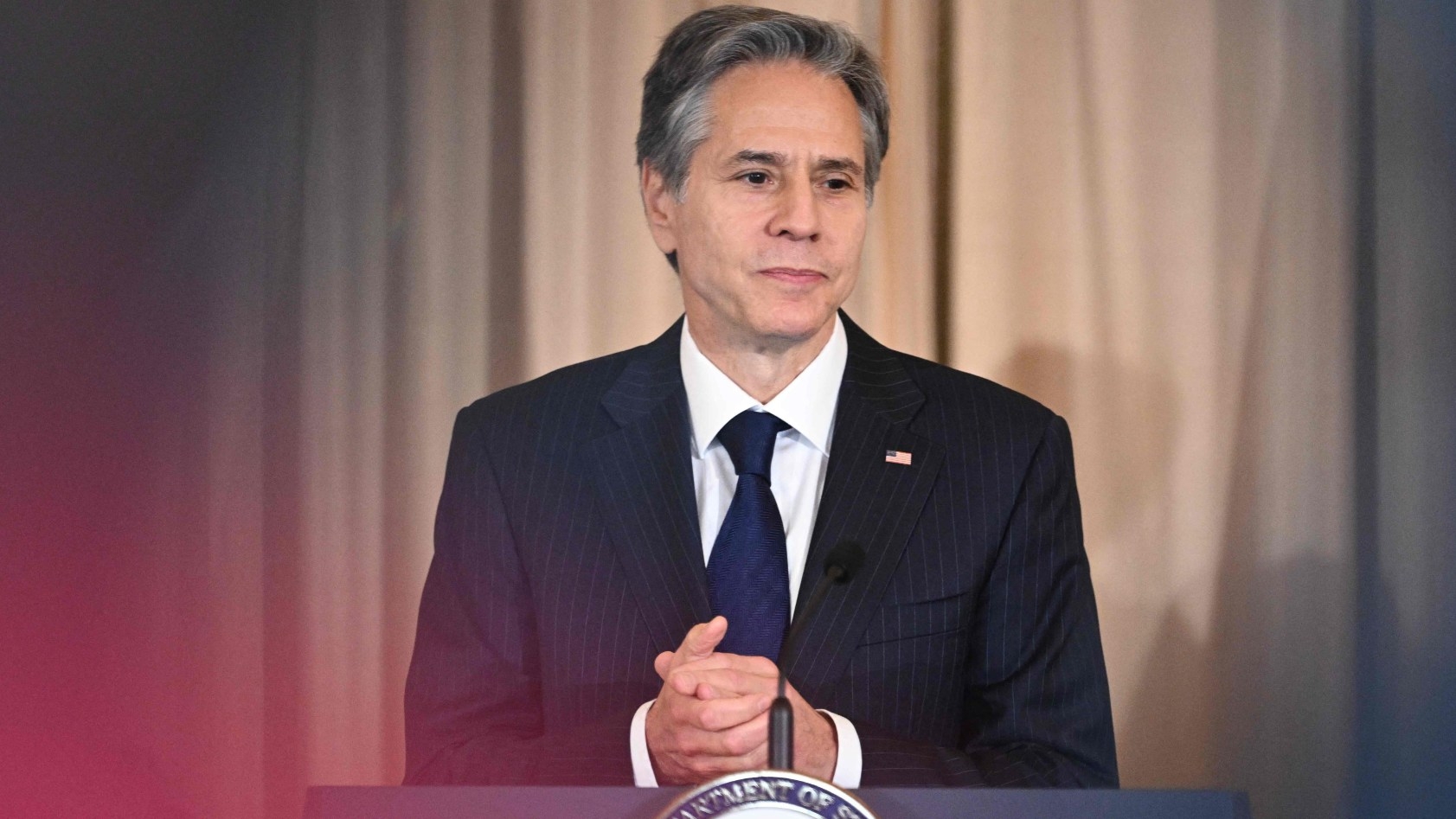
Relatives of US nationals detained in Saudi Arabia and Egypt were not invited to attend a recent call with Secretary of State Antony Blinken, according to a report by The Guardian, raising concerns they are being sidelined ahead of President Joe Biden's trip to the Middle East later this month.
Blinken held a call on 22 June with relatives of US nationals who are hostages or otherwise wrongfully detained in Russia, Venezuela, Rwanda and other countries, according to the report. However, Americans detained by Riyadh and Cairo were left out of the call.
One family member of a detainee in Rwanda said that she believed the call was meant for families of individuals who have formally been designated as hostages or wrongfully detained under the Robert Levinson Hostage Recovery and Hostage-Taking Accountability Act, which is meant to give the US government more tools to support the families of hostages.
The call did not include the families of Salah Soltan, an academic and legal US permanent resident and the father of rights activist Mohamed Soltan; or Hosam Khalaf, who are both being held in Egypt.
It also did not include the families of Walid Fitaihi, an American doctor who is under a travel ban in Saudi Arabia; the family of US-Saudi journalist Badr Ibrahim; or the families of Salah al-Haidar and his mother Aziza al-Yousef, a US national and women's rights activist, who are all barred from leaving Saudi.
Some family members said being left out of the call made them feel that a political decision was being made to shift focus away from their own families' plights because of Biden's upcoming trip.
"The intentional and hypocritical cherry-picking of which ‘wrongful detention’ cases to raise or meet with is infuriating and discriminatory," one individual, who spoke on the condition of anonymity, told The Guardian.
"The willingness of the US to expend its political capital in resolving wrongful detention cases is not consistent and is based on some arbitrary criteria: is your wrongfully detained family member detained in a country that is a foe or ally? Is it a picture-perfect case that is ripe for resolution?"
The apparent snub was made just weeks before US President Joe Biden's scheduled trip to the Middle East, where Biden is expected to meet Saudi Arabia’s de facto ruler, Crown Prince Mohammed bin Salman. Biden will embark on a four-day trip, from 13 to 16 July. He will first visit Israel and the occupied West Bank. The visit will then culminate with a major gathering of regional leaders in the Saudi Arabian port city of Jeddah.
The trip is a marked change in Biden's approach to Saudi Arabia. In 2020 the then-presidential candidate condemned the country as a "pariah" over the killing of Washington Post and Middle East Eye columnist Jamal Khashoggi.
Biden's decision to visit the Saudi kingdom has been seen as a betrayal of his promise by Saudi Arabian activists who say Biden is unlikely to make any concessions in favour of Washington.
A State Department spokesperson told MEE that it reviews cases of US nationals detained abroad under the Levinson Act "to determine if they are 'wrongful'."
"We also continue to advocate for the immediate lifting of coercive travel restrictions for U.S. nationals. We take our responsibility to assist all U.S. nationals seriously, and we press for fair and transparent treatment in all cases," the spokesperson said.
"It is vital for the Department to continue to partner with families through regular and transparent communication."
However, the State Department declined to provide details about the participants of the call it held.
Middle East Eye delivers independent and unrivalled coverage and analysis of the Middle East, North Africa and beyond. To learn more about republishing this content and the associated fees, please fill out this form. More about MEE can be found here.


